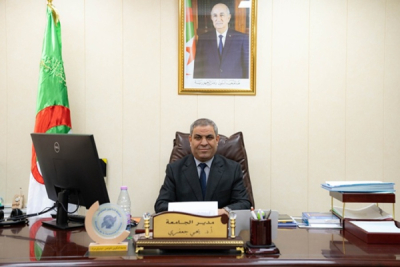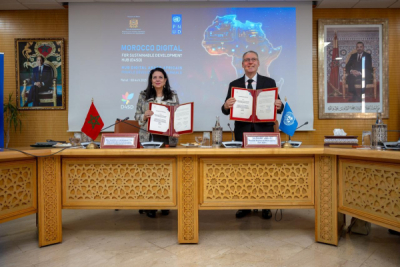-
Ethiopia and China signed an MoU to support the Digital Ethiopia 2025 strategy
-
The deal covers fiber optics, 5G, satellite, AI, IoT, big data, and cloud services
-
Ethiopia’s internet penetration stood at 21.3% in 2024, with sharp urban-rural gaps
Ethiopia’s Minister of Innovation and Technology, Belete Molla Getahun, and China’s Minister of Industry and Information Technology, Li Lecheng, signed on September 25 in Addis Ababa a memorandum of understanding to support the rollout of Ethiopia’s “Digital Ethiopia 2025” strategy and speed up the country’s digital transformation.
Today, I had the pleasure of meeting Mr. Li Lecheng, Minister of Industry and Information Technology of China, as we co-chaired a high-level Ethiopia–China bilateral dialogue in Addis Ababa under the theme:
— Belete Molla Getahun (@BeleteMG) September 25, 2025
“Digital & Emerging Tech Industry Collaboration: Advancing Practical… pic.twitter.com/ry8TMApABg
“Our strategic partnership goes beyond diplomacy. It is grounded in shared vision and deep political trust—a key pillar of Ethiopia’s national development agenda and a bridge toward a more integrated and resilient future,” Belete Molla said on X.
The agreement is aimed at contributing to Ethiopia’s sustainable socio-economic development. It focuses on expanding telecommunications infrastructure, including fiber optics, 5G, and satellite communications; developing emerging technology sectors such as artificial intelligence, the Internet of Things (IoT), big data, and cloud services; and sharing expertise with China.
The MoU builds on the strategic partnership signed between Ethiopia and China in 2023, strengthening bilateral cooperation in digital technology. At the national level, Ethiopia’s digital economy remains constrained by low internet penetration (21.3% in 2024, according to DataReportal) and wide disparities between urban and rural areas. However, the sector is expanding, driven by mobile services, infrastructure development, and government reforms to improve digital capacity.
Effective implementation of the protocol could improve connectivity, foster local innovation, and build digital skills. It is also expected to create jobs in technology sectors, generating economic and social benefits that reach beyond Ethiopia’s borders.



















